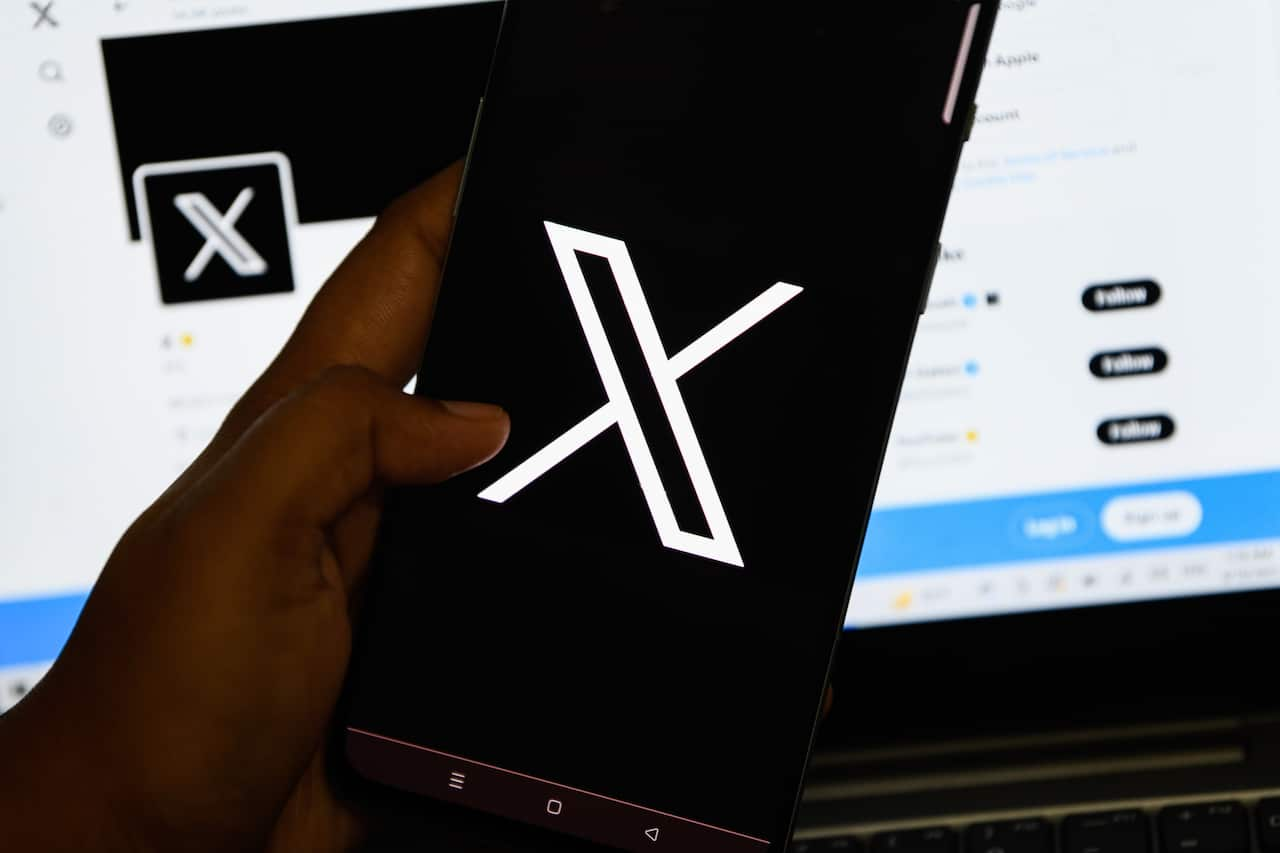Social media giant X is subject to local hate speech laws, a state tribunal has ruled — a decision that lawyers for an Australian Muslim advocacy group have hailed as precedent-setting.
The decision is a win for the Australian Muslim Advocacy Network (AMAN) which in June 2022 , accusing X (then known as Twitter) of being responsible for a far-right conspiracy group posting a range of Islamophobic commentary about Muslims being “an existential threat” to the world.
AMAN’s complaint to the commission noted on three occasions in 2021, it reported 419 pieces of content published by “certain accounts that were inciting hatred, severe ridicule or serious contempt for the Muslim community”.
It argued that X — — had violated section 124A of the state’s Anti-Discrimination Act, which prohibits “vilification on grounds of race, religion, sexuality, sex characteristics, or gender identity unlawful”.
The Queensland Civil and Administrative Tribunal (QCAT) heard the matter in September last year. Lawyers for AMAN argued that the social media company should be responsible for the Islamophobic posts, while X’s legal team argued it was a “true foreign entity” and therefore not subject to the tribunal’s jurisdiction.
Lawyers for X had also argued that the section of the Act should not apply to it because it is a company, not a person.
But on Tuesday, the tribunal ruled that X was subject to its jurisdiction and it could make orders against it over AMAN’s complaint.
“This is the first such legal victory against a social media company under Australian vilification laws, which will have consequences for all social media companies operating in Australia,” an AMAN spokesperson said in a statement.
“Protections in Australia do apply to social media companies, and hate speech is governed by clear standards, not corporate discretion.”
In her decision, QCAT senior member Ann Fitzpatrick inferred that part of X’s advertising revenue came from advertisers in Queensland.
Australian Muslim Advocacy Network launched the legal action against X over Islamophobic content that was shared on the social media platform. Source: Getty / SOPA Images
She wrote that there was a “sufficient basis to conclude that the business of X Corp does not operate in isolation in the USA”.
AMAN legal adviser Rita Markwell told SBS News the ruling showed that local laws applied to social media companies.
“The reasons the tribunal lays out make it clear that if the harm is happening locally and you have a global business that is operating here (in Australia) in a way that collects data about users here and also makes advertising income here, then it is running a business here,” she said.
While QCAT has ruled that it can make orders against X, it has not yet decided on another matter: Whether the content included in AMAN’s complaint amounted to vilification.
Markwell said it’s unclear when the tribunal will decide on or order another hearing date for that element of the complaint. But if the ruling falls in AMAN’s favour, she said X would likely face takedown orders.
“The biggest battleground in this case was whether the law applied to X … that was what X was wanting to fight the most,” she said.
“The significance of this is that now any community that is affected by hate speech in Australia can with more certainty make a complaint against a social media company for their failure to moderate hate speech.”
The QCAT ruling would not apply elsewhere in Australia, but Markwell said it would “carry weight” in other jurisdictions.
“When we were preparing this case there was no other precedent. This is the first of its kind,” she said.
X can appeal the tribunal’s decisions via the Queensland Supreme Court. Markwell said if it elected to do this, AMAN’s legal team would “keep fighting”.
When we were preparing this case there was no other precedent. This is the first of its kind.
AMAN legal adviser Rita Markwell
SBS News contacted X for comment. An auto-reply read: “Busy now, please check back later”.
The QCAT decision comes after a federal court justice earlier this month requiring X to block clips from 65 websites that showed a graphic few seconds .
The eSafety Commissioner had ordered X to remove the material but the company geoblocked it instead, meaning Australian users could still view it if they used a virtual private network.
The justice found the order requiring the removal of the content for all Australians worldwide was unreasonable.

